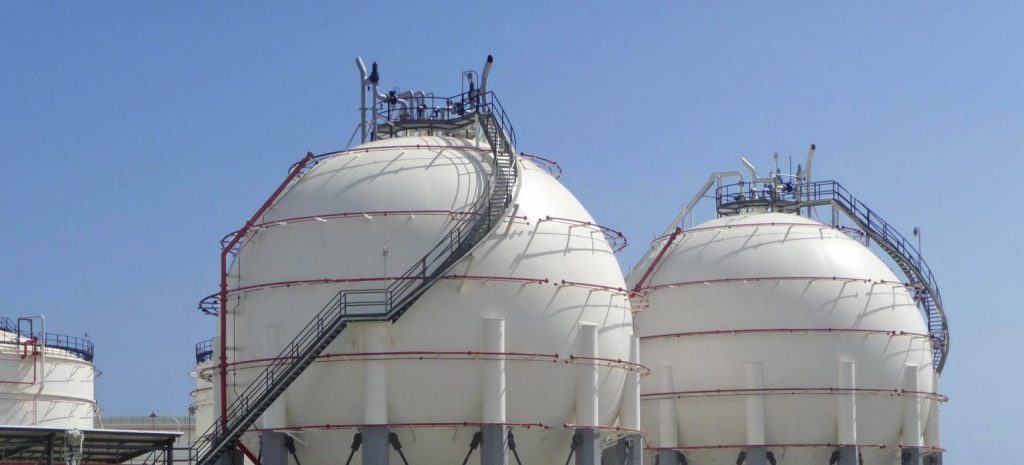The world’s consumption of natural gas is set to decline by 4 percent this year, but global demand will return to growth after the pandemic, thanks to low natural gas prices and stricter environmental policies, a new report showed on Thursday.
The Global Gas Report 2020 – published by the International Gas Union (IGU), research company BloombergNEF (BNEF), and Italian gas infrastructure firm Snam – says that the trend of increased natural gas demand due to environmental concerns, which was already underway before the pandemic, will continue after COVID-19 is under control.
The International Energy Agency (IEA) also sees global natural gas demand dropping by 4 percent in 2020, which would be the largest demand shock for gas markets in recorded history, with consumption of natural gas expected to drop by twice the amount it did after the 2008 financial crisis.
The cost-competitiveness of natural gas and the increased access to gas in developing countries are set to be the key drivers of higher gas demand in the medium term, especially for liquefied natural gas (LNG), the Global Gas Report 2020 found.
Global LNG imports could return to their 2019 level quickly, as soon as in 2021, depending on the persistence and longevity of the pandemic.
“The pandemic has created disruption in the global energy sector, but low gas prices will ultimately stimulate demand growth as the economy recovers. We have already seen unprecedented coal-to-gas switching in Europe, and clean air policies in major growth markets such as India and China will drive more gas adoption in the next few years,” said Ashish Sethia, global head of commodities at BNEF.
For the longer term, however, low-carbon gas technologies would be needed, but they will depend on significant investments and policy actions, the report said.
“It is increasingly clear that the goals of the Paris Agreement cannot be met without a substantial scale-up of clean gas technologies – such as hydrogen ,” Jon Moore, CEO of BNEF, said.
“While the economics are challenging today, a joined-up policy approach could unleash the investment needed to bring costs down, develop scalable business models and drive adoption across the hard-to-abate sectors.”
By Tsvetana Paraskova
–Gh Extractives





